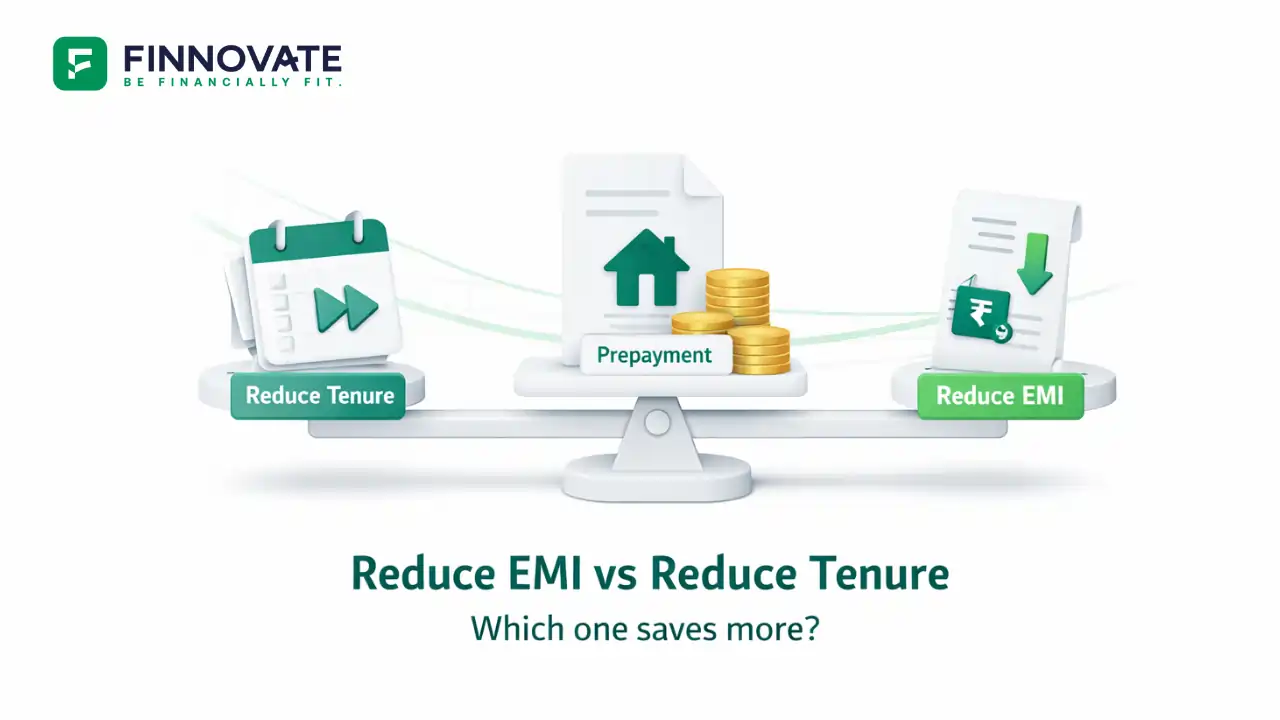
Reduce EMI vs Reduce Tenure: Which Saves More Interest in India?
Confused between reducing EMI or reducing tenure after a loan prepayment? See what saves m...
The journey of building a business is both exciting and uncertain - especially for women entrepreneurs in India. While women like Kiran Mazumdar Shaw and Falguni Nayar have broken barriers, thousands of others are just beginning their journey. But as empowering as entrepreneurship is, it also comes with unpredictable finances.
This article is designed to help Indian women entrepreneurs like you take control of your money, create financial stability, and build long-term wealth - without needing a finance degree.
Unlike salaried professionals, women entrepreneurs often face irregular income, front-loaded expenses, and back-ended profits. This makes managing personal finances harder - and riskier - if not planned properly.
It’s not enough to rely on your business income or bank savings. You need a structured investment plan that ensures your personal life goals are secure, even while your business grows.
Yes, you read that right.
As an entrepreneur, it’s tempting to keep reinvesting in your business - especially when the inflow is tight. But neglecting your personal financial security can lead to burnout, stress, and even resentment.
Start by setting aside 10–15% of your monthly income (or average income if it’s irregular) into your personal savings and investments. This amount should go toward:
Why this matters: You’re not just building a business - you’re also building a life. Your financial plan should reflect that balance.
Most entrepreneurs in their 20s and 30s skip insurance thinking it’s a “someday” need. But health and life shocks don’t come with a warning. And medical expenses can derail your business savings in one shot.
Here’s a quick checklist:
Insurance = financial protection. It safeguards your savings, your business, and your family’s future.
Life as a businesswoman comes with financial ups and downs. One delayed payment or personal emergency can throw things off.
Set aside 4–5 months of personal and business expenses in a liquid mutual fund - which is low-risk, easily accessible, and gives better returns than a regular savings account.
Use cases: Medical emergencies, urgent travel, temporary business downcycle, or even family obligations.
Golden rule: If you ever use your emergency fund, make replenishing it your next priority.
Owning a home isn’t just a dream - it’s a powerful step toward financial independence.
If you’re renting, start saving early for the down payment and monthly EMIs. Ideally, EMIs shouldn’t exceed 30–35% of your total monthly income. Start planning this by your late 20s or early 30s so you finish the loan sooner and reduce future pressure.
Why it matters: Having your own roof gives you stability - both emotionally and financially - especially during uncertain phases of entrepreneurship.
Let’s bust a myth: investing in equity doesn’t mean gambling in stocks.
For most people (especially busy entrepreneurs), the smarter route is investing via equity mutual funds through SIPs (Systematic Investment Plans). It’s disciplined, diversified, and ideal for long-term wealth creation.
Here’s how to approach it:
Key takeaway: You already take calculated risks in your business - do the same with your investments.
Amidst running your business and planning for necessities, don’t forget what brings you joy.
Whether it’s travel, social causes, art, or hobbies - create a small “financial freedom” fund. Even allocating 5–10% of your income can help you take a sabbatical, enroll in a course, or simply enjoy life on your terms.
After all, money is a tool to live better - not just survive.
Finnovate has created a free, 5-minute Financial Fitness Test designed especially for professionals and entrepreneurs. You’ll get:
Being a woman entrepreneur in India means you’re already doing something bold. Now do something wise - take charge of your personal finances. With the right mix of discipline, insurance, investment, and personal goals, you can build a life that’s not just successful, but also secure and fulfilling.
Q: I don’t have a steady income. Can I still invest regularly?
Yes! That’s why SIPs are flexible. You can adjust them based on your monthly income. Even starting with a small amount builds consistency.
Q: I’m not financially savvy. How do I know what to choose?
That’s what financial planning is for. Platforms like Finnovate simplify the process and give you clear, jargon-free steps based on your goals.
Q: Is equity too risky for women entrepreneurs?
Equity has risks, but it also has the best potential to beat inflation. Mutual funds via SIPs help reduce that risk with long-term discipline.
Popular now
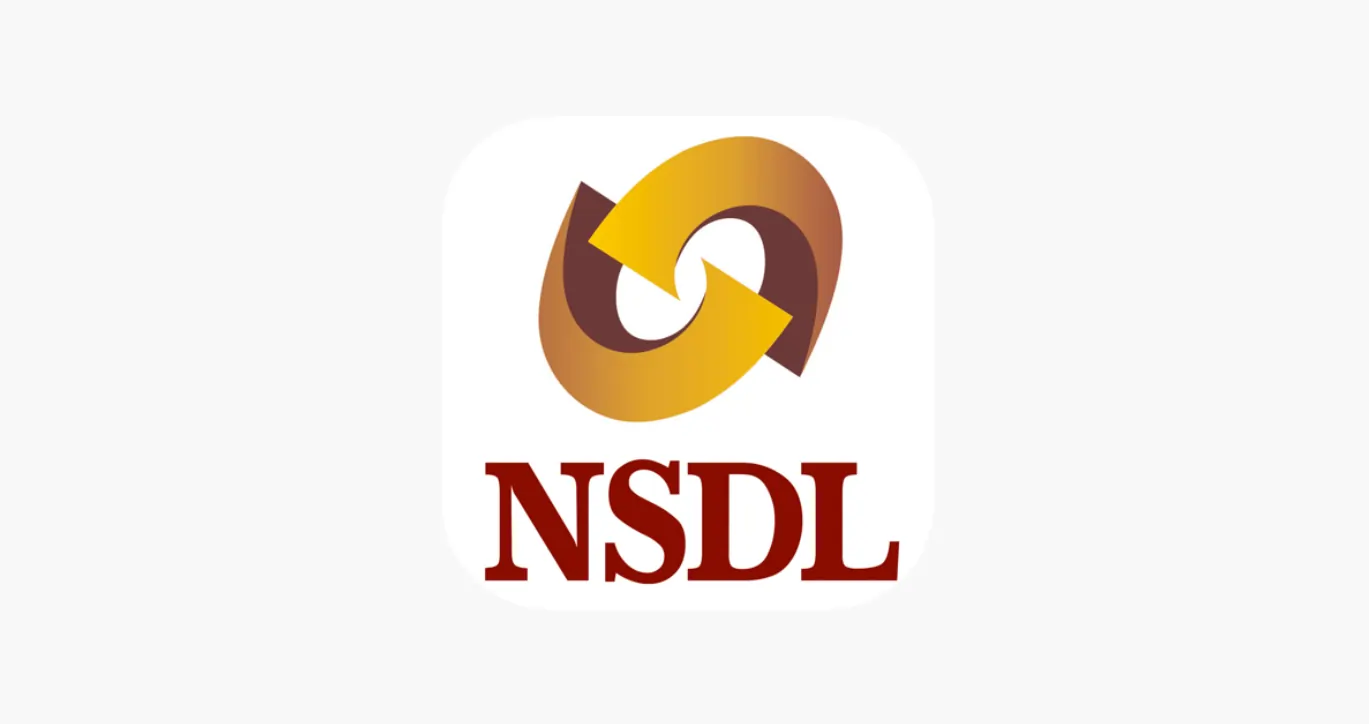
Learn how to easily download your NSDL CAS Statement in PDF format with our step-by-step g...
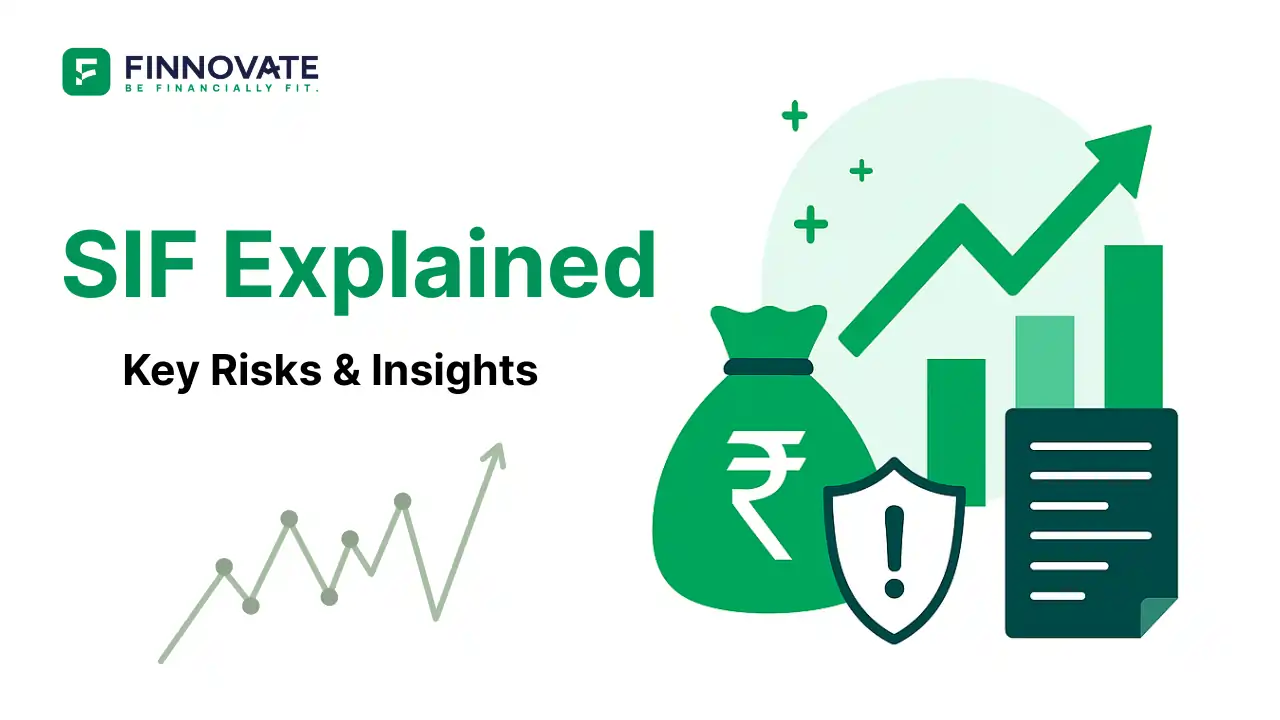
Explore what Specialised Investment Funds (SIFs) are, their benefits, taxation, minimum in...
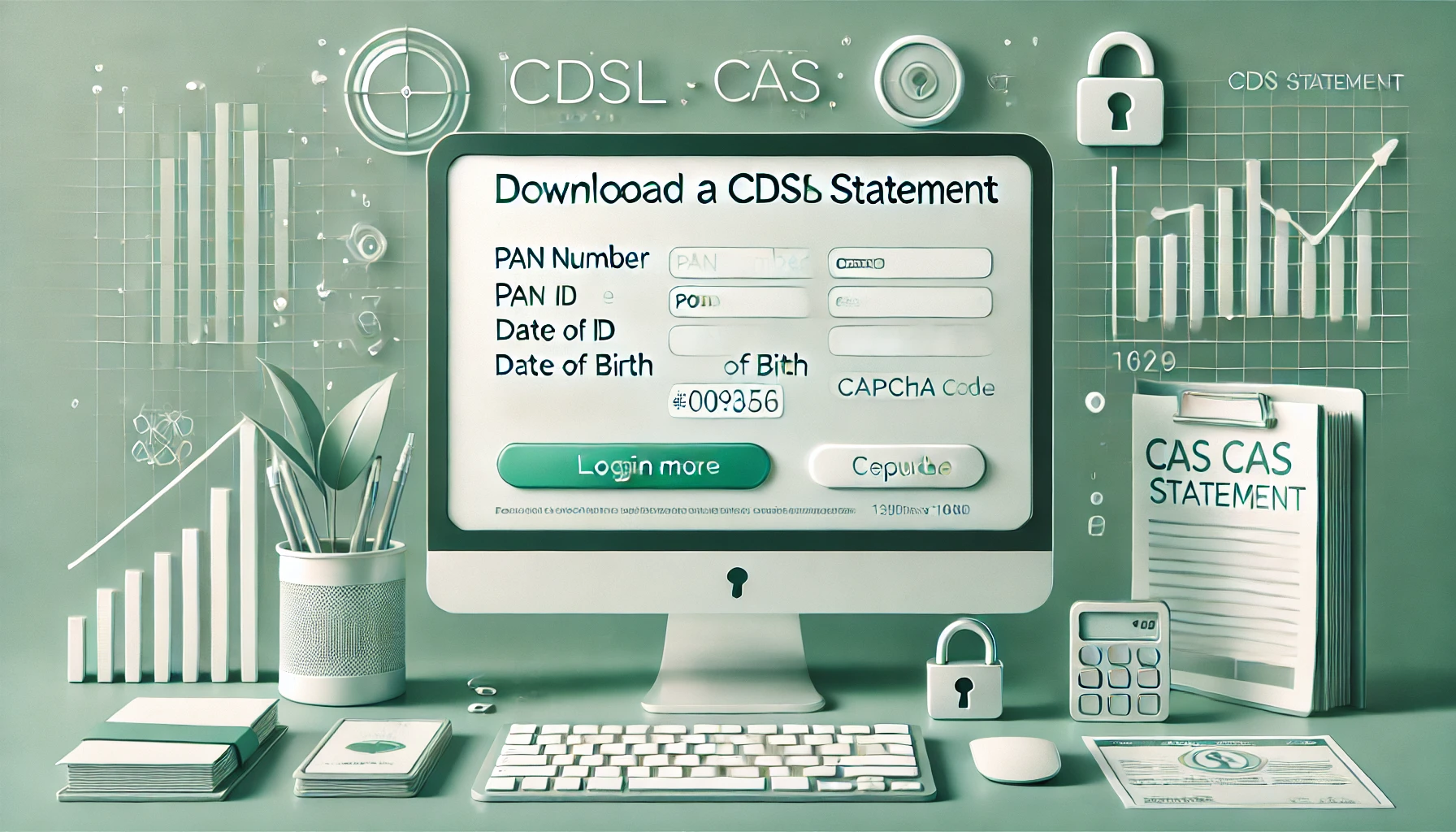
Learn How to Download Your CDSL CAS Statement with our step-by-step guide. Easy instructio...
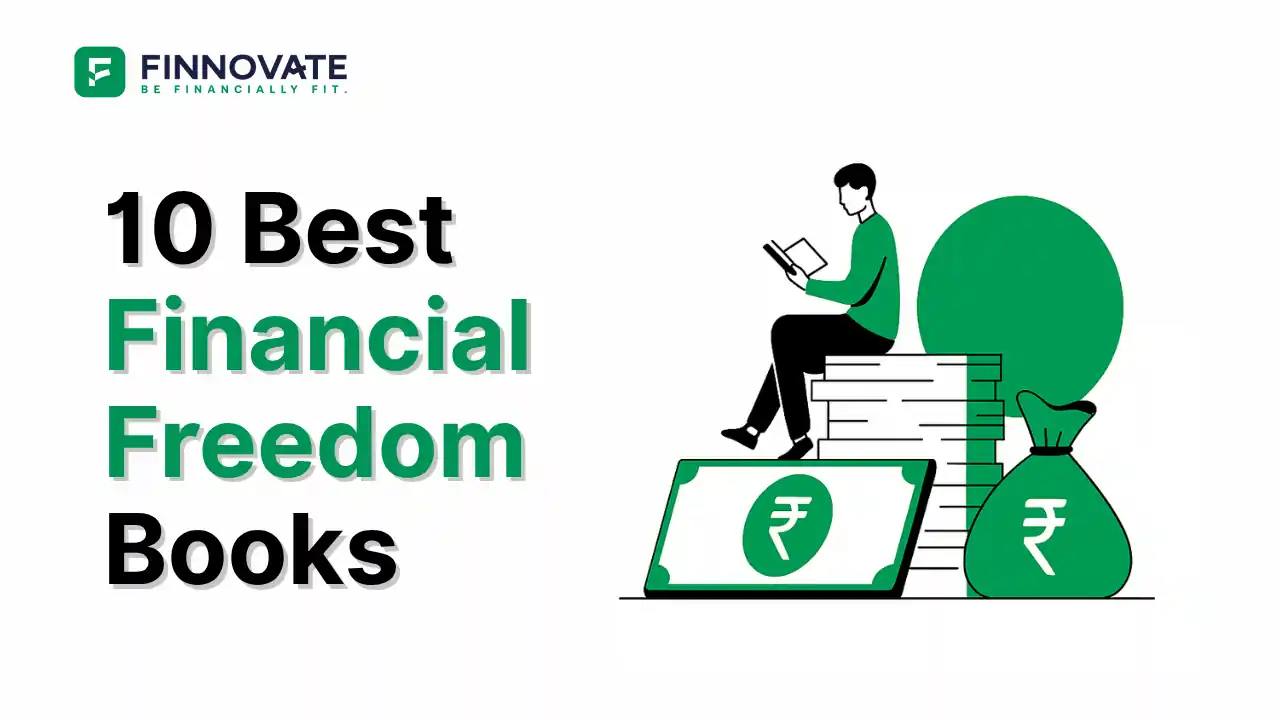
Looking for the best financial freedom books? Here’s a handpicked 2026 reading list with...